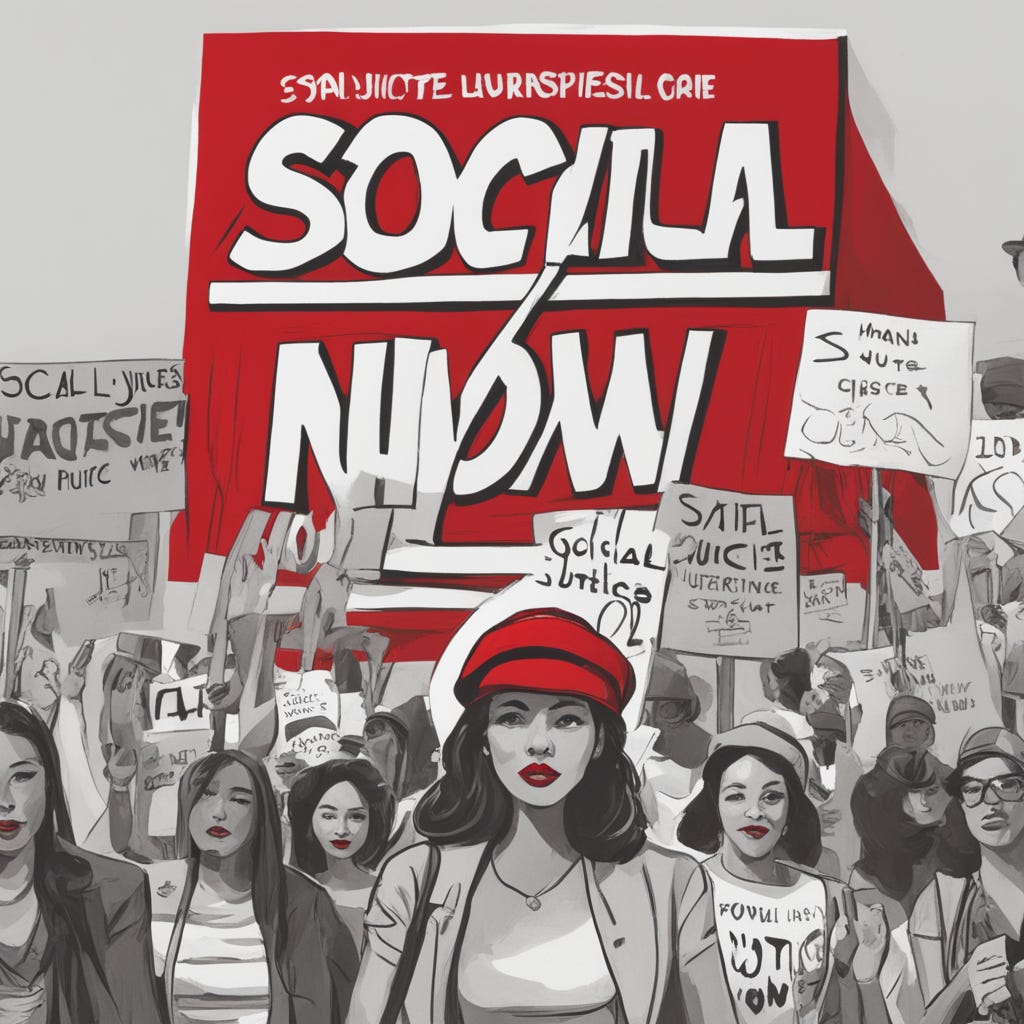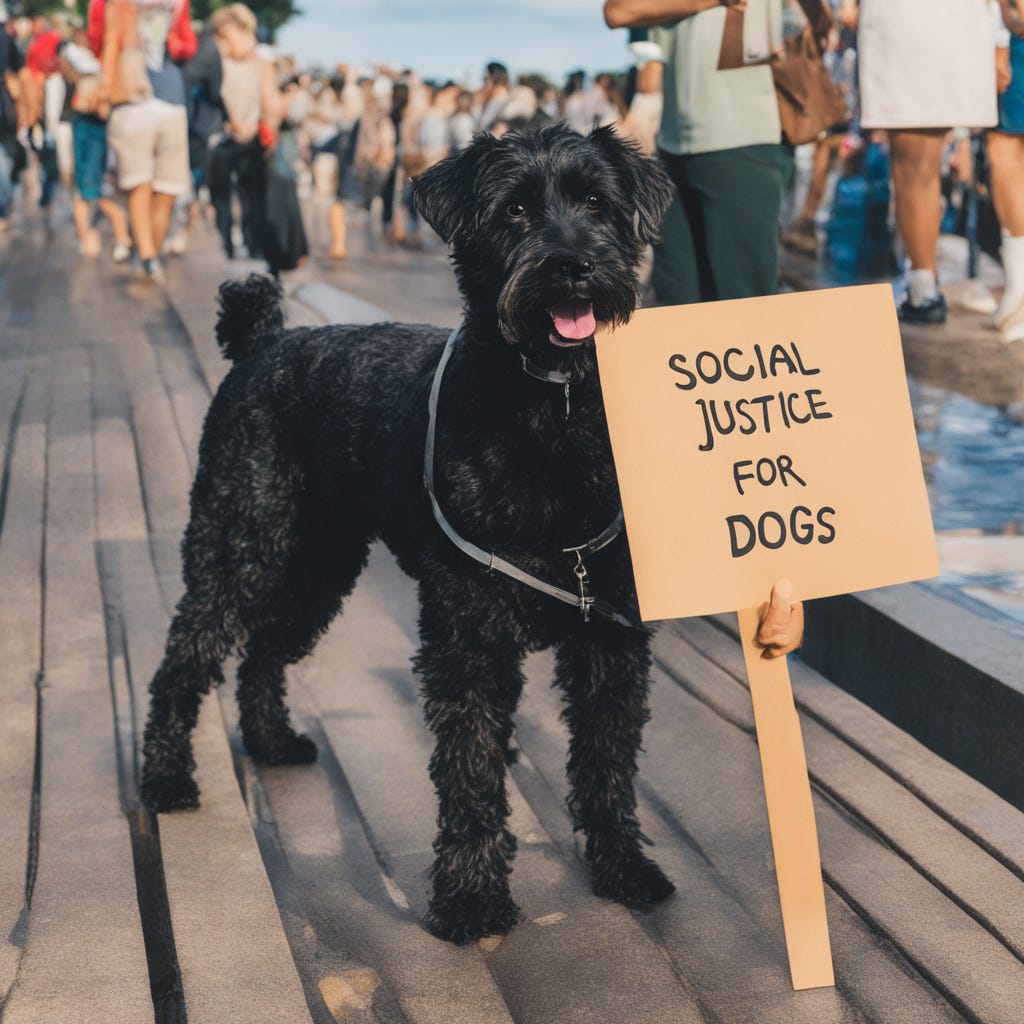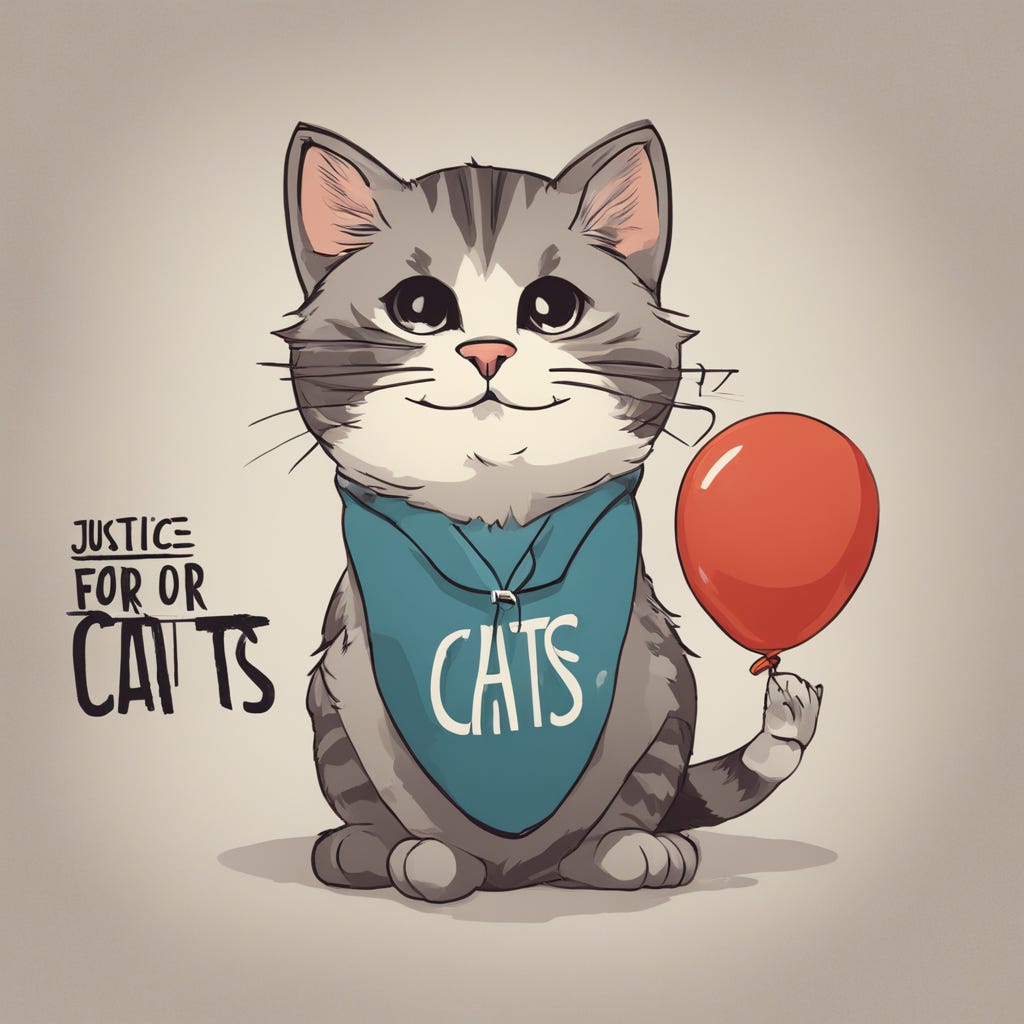Have I become a social justice warrior?
I have to admit, because it’s the unfortunate truth, that I’ve been fairly apathetic for most of my life when it came to matters of politics or going-ons in the world. Then, one day, I just woke up. Everything about me sort of changed. Suddenly I cared, and I cared a lot.
I have a lot of catching up to do. There are some things that I’ll never fully grasp because I’m so behind, and I’m so behind on a lot.
I still don’t consider myself particularly “political” but that’s because I’ve always seen politics as being about party lines, politicians duking it out, and sneaky bills. But politics, in a broader sense, is about much more than that. It’s about the decisions we make as a society, the delicate negotiation of various interests on both local and global scales, the relationship between us and our governing bodies, and the outcomes we see in the world.
So you see, if we care about the well-being of humans, it’s impossible not to care about politics.
It’s the difference between being allowed to speak or not. And about the well-being of those both in our immediate communities and the broader world. If we don’t take an active role to inform ourselves and speak out when necessary, we give away the little power we have to someone who may not have their interests aligned with our own. We allow others to dictate both the present and the future of humankind.
It’s difficult to know something about everything. And it’s impossible to know much about everything. So in some ways, it limits our capacities to care. We tend to care about the things that resonate most with us, or affect us more.
That’s okay because there is plenty to care about, and plenty of diversity of caring points—though undoubtedly, some things get more neglected than others, and certain causes gain tremendous momentum not on merit, but rather media attention or political intention. That’s the nature of things.
I’ve found, as of late, that there is a common theme in the things that I’ve cared about most. That theme is freedom.
During the pandemic, I wanted people to have the option to choose for themselves—regardless of whether I agreed or not with their choice. I wanted speech and dissent to not be suppressed. I spoke out against things like cancel culture, and for embracing diversities of viewpoints, because I inherently understood the threats to freedom of expression that we were facing and how quickly even the most lively liberal democracies can turn to authoritarian tyrannies.
I found myself deeply affected at the US withdrawal from Afghanistan, in particular because I saw the freedom enjoyed by humans there—and in particular women—and it was jarring to image how it must feel to have that freedom ripped away from someone who grew up with it.
With Iran, I felt similarly, witnessing the suppression of women who wanted to be free to dress as they wish, and not according to a dress code imposed on them by a tyrannical government. Their bravery and defiance stunned and impressed me. Few people can understand what it’s like to put one’s life on the line for freedom. I heard the pleas of Iranians in the face of silence from most world governments as men were executed for speaking up against the government. It all resonated with me.
I don’t know if I’d willingly put my life on the line like that for a cause I deeply believed in—but perhaps today I’m closer to it than yesterday. We never really know though, not until we are faced with the choice. And we might even surprise ourselves.
When Russia invaded Ukraine, I saw, also, a people willing to fight for their freedom. The courage I’ve observed cannot be overstated, so I’ll state it again. The Ukrainian people showed a determination in the face of a force that has done so much to destroy their morale. Why? They want to exist as Ukranians, not under the thumb of Russia. They are protecting their home, long after so many in the world had expected them to give in. I’m rooting for them—and ultimately how they choose to end this is up to them, not anyone else. That’s what true freedom is.
On October 7, I’ve witnessed something I never expected. Israel wasn’t just attacked, but rather there was a savage, horror beyond one’s imagination. It wasn’t just a massacre. It was the most vile atrocity unleashed on human beings. They weren’t just slaughtered, obviously horrible in its own right, but they were tortured, raped, kidnapped, desecrated. The elderly, children, infants… I watched some of the footage made public, and some that wasn’t. I cannot unsee it, and I couldn’t watch some of it without weeping. I listened to the testimonials too.
I can’t image the kind of human that would commit such an act, yet there was over a thousand of them capable of such things that entered Israel on that day. There are many more willing to do so again, and again.
And then, things turned even darker. I watched a massive portion of the world not just feeling apathy towards the atrocities in Israel, but actively cheering them on. Celebrating Hamas as “resistance.” And then the attacks on Jews begun. Sometimes they’d use the world “Zionist” as a slur, but soon they stopped that facade, because it was now acceptable. They felt supported and empowered in their hatred, not just towards Israelis, but Jews miles and miles away from Israel.
Israelis want to be free to live without being violently targeted. I imagine that at least a significant number of Palestinians want to live free from Hamas oppression too, as well as the constant fighting, and controls that make their lives difficult—but Israel finds necessary because they live next door to a people whose government has sworn to wipe them off the face of earth.
And Jewish people everywhere want to live free from fear of being hurt or attacked based on the sole fact that they are Jewish.
I’ve come to not just care about all these things over the past few years, but to actively engage in my own small way. Whether it’s through my writing and media appearances to raise awareness. Through working to debunk lies and provide people with important context. Help fundraise. Reach out to political leaders. Et cetera.
I guess, in some ways, I’ve become a social justice warrior—something that’s had a pejorative connotation for quite a while. But it’s not a bad thing to care. It’s an important thing. It’s what we need to ensure a better future for the human race.
The key is knowing why you’re doing it, rather than just virtue signalling. And doing it while adhering to principles.
It’s important to be well-informed. To listen is often more important than to speak. Be willing to change your mind when presented with new evidence. Avoid fanatical actions and thinking. Practice tolerance towards those with divergent (but good faith) views. Argue in good faith. Be honest. Admit when you’re wrong. Self-reflect. Keep ego out. Don’t get captured by your audience.
But, care.
☕️ Please consider supporting my work by making a donation and buying me a coffee. Here’s how.
Pre-Order my book, No Apologies: How to Find and Free Your Voice in the Age of Outrage―Lessons for the Silenced Majority.
NOTE TO READERS:
Thank you for keeping me company. Although I try to make many posts public and available for free access, to ensure sustainability and future growth—if you can—please consider becoming a paid subscriber. In addition to supporting my work, it will also give you access to an archive of member-only posts. And if you’re already a paid subscriber, THANK YOU!







Better than being a social injustice warrior!
Perfect! Agree with You! I'm from Latvia, Riga. We support Ukraina and Israel, because my country was occupied from russia (1945-1994) . Hamas is similar anti human power. Thank You for Your Job! Sorry about my terrible english, but I will say You THANK YOU. All systems with agressiv thoughts=criminal regimes, not Countries.